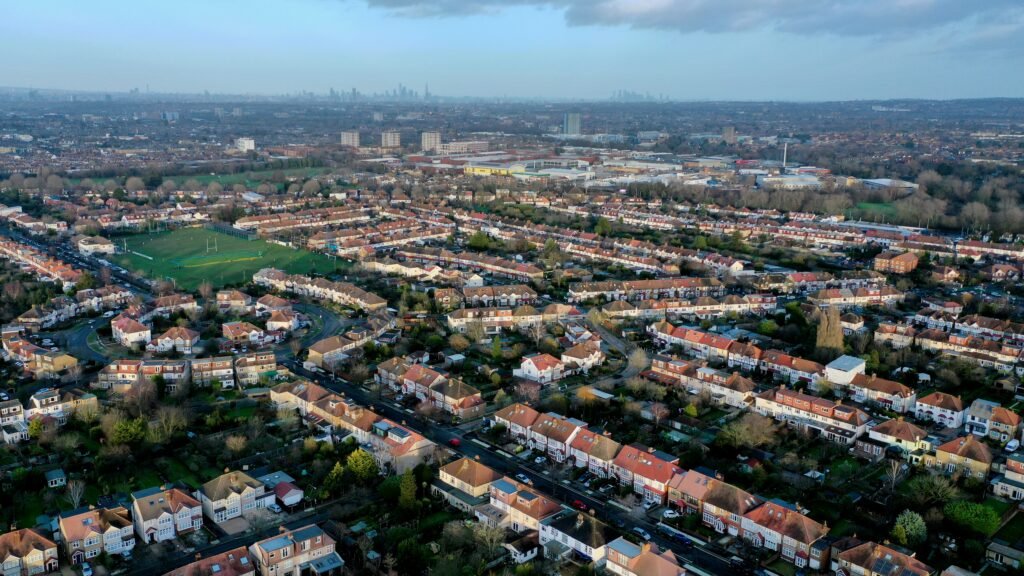Understanding the dynamics of property values can seem complex, but it’s less daunting once you grasp how closely these values are tied to broader economic factors.
Whether you’re considering selling your property or looking to invest, knowing what affects the market can give you a significant advantage.
Here’s a breakdown of key economic elements that influence property values across the UK.
Interest Rates
Interest rates are perhaps the most significant economic lever impacting property values.
Set by the Bank of England, the base rate affects what borrowers pay on mortgages and what savers earn.
Lower interest rates make borrowing cheaper, which can increase the number of potential buyers in the market, pushing property prices up. Conversely, when rates rise, mortgages become more expensive, buyer demand may wane, and property prices might stagnate or even drop.
Employment Rates
Employment stability and the level of disposable income directly influence how many people are able to purchase homes.
High employment rates boost confidence and spending power, leading to more transactions and higher property values. On the other hand, high unemployment can reduce buyer demand, as fewer people feel secure in making such significant financial commitments, which can depress property prices.
Economic Growth
The overall health of the economy is another crucial factor.
When the UK’s gross domestic product (GDP) is rising, the economy is generally seen as healthy, and consumer confidence is high.
This economic optimism encourages more property investments, driving prices upward. However, during a recession, economic contraction can lead to reduced confidence and lower property values.
Government Policies
Government interventions can also play a pivotal role in the real estate market.
Policies such as stamp duty changes, help-to-buy schemes, and tax incentives can either stimulate or cool down the market.
For instance, temporary reductions in stamp duty can lead to a surge in market activity, as buyers rush to take advantage of lower costs, temporarily boosting property values.
Inflation
Inflation impacts how much your money is worth and, subsequently, the real estate market.
If inflation is high, the real value of money decreases, and people might invest in property as a hedge against inflation, driving prices up.
Property is often seen as a safe asset in volatile economic times, as it tends to retain its value better than some other investments.
Supply and Demand
The balance between how many properties are available and the number of buyers also affects property values.
If demand exceeds supply, it’s a seller’s market, and prices will likely rise. Conversely, if there are more homes for sale than there are buyers, prices may fall.
This balance can be influenced by economic factors such as migration patterns, population growth, and changes in household composition.
Global Economic Impacts
Finally, global economic trends can also affect the UK property market.
International investors play a significant role in some regions, such as London. Fluctuations in global markets can influence foreign investment in the UK property market, affecting property values.
Conclusion
In conclusion, a number of economic factors influence property values in the UK. From interest rates to global economic conditions, understanding these elements can provide valuable insights for both sellers and investors.
As the economic landscape evolves, keeping an eye on these factors will help you make more informed decisions in the real estate market.


